I don’t like cats. I don’t like their reptilian stealth, or the way their heads are set low and poke out from their bodies. I don’t like the constant showing off of their puckered bums, or their disregard for the normal rules of mammal eye contact.
There are roughly 74 million cats in the United States and until recently I found it inexplicable. Why would anyone choose to love and nurture a psycho that dismembers songbirds, often torturing them first in a casual, playful way? I’ve enjoyed in the past writing about the idiocy of ethical vegetarians who own cats. And I would, in different circumstances, be keen to stick it to cat owners again over the news that cat fur, treated with chemical flea-killer, could be partly responsible for the terrible decline of birds worldwide. The birds use the fur to line their nests and the baby birds are slowly poisoned by it before they ever even take flight.
But now George has arrived, and I’m hobbled by my own hypocrisy.
George is a large gray kitten with disproportionately big ears and I didn’t plan for him or want him. He appeared on my neighbor’s doorstep one morning, squashed into a shoebox with his tiny sister, both about three months old and dozy from lack of oxygen. While my neighbor worked out what to do with them, she invited my son and me in for a look, and if I had to pinpoint the moment that the cat started messing with my mind, it was probably right there and then. George waved his grippy little paws about and climbed on to our knees.
I wasn’t especially moved but nonetheless, to my surprise, I found myself saying that we’d take him. This made no sense as a decision. We had travel plans. My husband loathes cats. But I said it, and now that George has been with us a while I’ve begun to understand why. I’ve begun also to see how cats have been able to dominate the internet and infest every form of social media. Lost cats, missing cats, cat care, cat memes, cats in bonnets, cat cartoons, cat anime, cat crypto.
The answer is that cats are not normal animals, but best thought of as fur-coated viruses designed to manipulate the human brain. Consider the ease and the speed with which George captured my husband. Dom is a kind man but his feelings about the politicians he often works with are not kind. In the pre-George era, his usual monologue, reading the political news of the day, went like this: “Gah! Bastards. Clowns. Idiots.” Just 24 hours after George arrived, it took a new turn: “Gah! Bastards. Clowns. Idiots… Oh, hello kitten! What a lovely kitten! What a brave and perfect kitten!” Then back to the clowns and idiots.
It’s bizarre. Sometimes, in a moment of quiet, I catch Dom and George staring solemnly and seriously into each other’s eyes. It’s love – or perhaps it’s just the cat updating the software it’s installed. Who knows.
I’m serious about this. It’s a real theory. After all, there are several examples of interspecies mind-capture that occur naturally in the wild. Perhaps you’ve read about Toxoplasma gondii – T. gondii if you’re feeling affectionate – a parasite that infects rats but must inhabit a cat to reproduce. To get to its happy place inside a cat, T. gondii changes a rat’s behavior, turning its natural fear of felines into a desperate need to be loved by them. Even the smell of cat urine becomes suddenly irresistible to a gondii-fied rat. It’s drawn to the cat, its heart full of passion, and then the cat eats it. I love George. Of course I do. I’ve been gondii-fied too. But I can see how cat tricks work. We know already that cats are neotenic – that is, they have evolved to look overtly infantile. Their huge wide-apart eyes and flat faces are optimized not for preying on mice so much as for preying on the instinct we have to nurture our own young. We also know that a cat’s miaow is just for human benefit. It’s not a natural noise for a cat. Lions don’t miaow. Cats don’t communicate with each other in miaows. They’ve cooked up the sound to mimic a human baby’s cry.
As it happens, I’ve also noticed over the weeks we’ve had him that George’s miaow has adapted to his environment. What was once a thin whine now has a rounder vowel sound. Mouuuuuuw! I recently heard my son crying out for me at around midnight: “Mu-uum!” I ran upstairs to comfort him but found him sound asleep. George, on the other hand, was wide awake on the top stair, looking like a cat whose plan had come together nicely. At night, I shut the bedroom door on him, but whenever I open it, whatever the time, there George is sitting, staring straight ahead with his black-grape eyes, biding his time. The day will come, he believes, when he sleeps next to Dom.
Having never meant to let George into the garden, I found myself putting him in a cat harness I’d somehow bought online and letting him roam about on a long leash in the sunshine. When a family of joyous long-tailed tits flitting about in the garden saw George, they began a series of shrill alarms. George eyeballed them and chittered with bloodlust, like Hannibal Lecter recalling a human liver. Then he leapt at them, fangs bared, before being pulled short mid-air.
The leash is not a sustainable solution. I can see that. Summer is coming. Given the scorn I’ve poured in the past on cat owners, it would be astonishing and morally indefensible for me ever to let George loose to murder tits and sparrows in nesting season. But am I a match for the virus? Only a fool would bet against a cat.
This article was originally published in The Spectator’s May 2025 World edition.



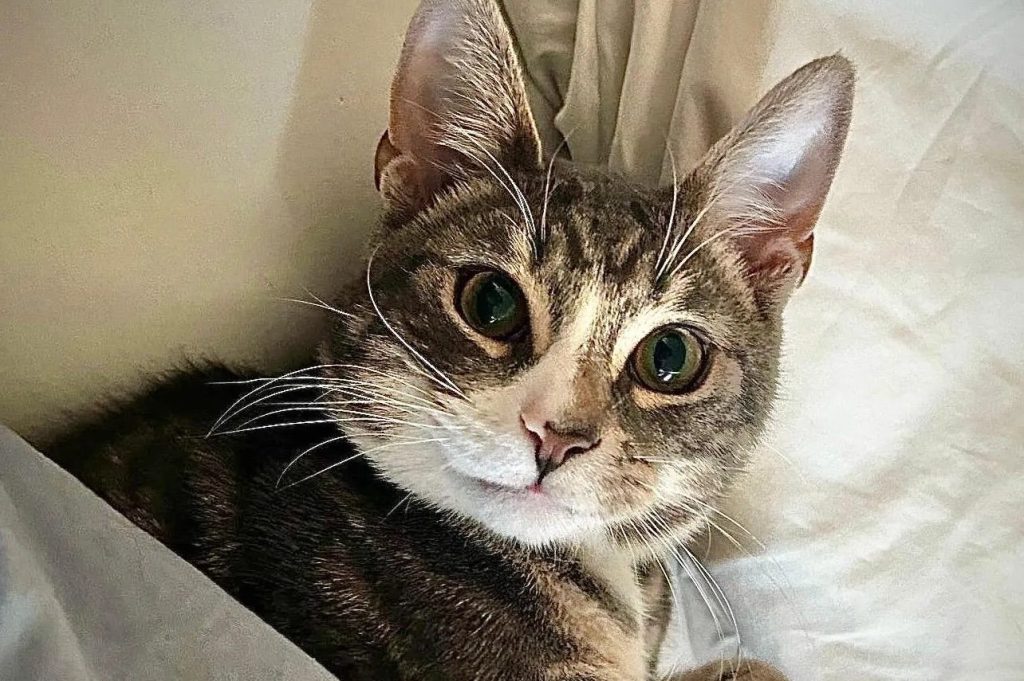







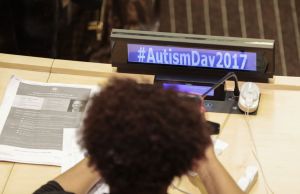
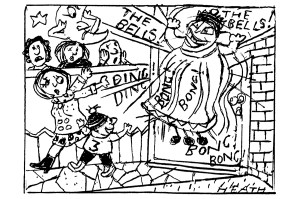
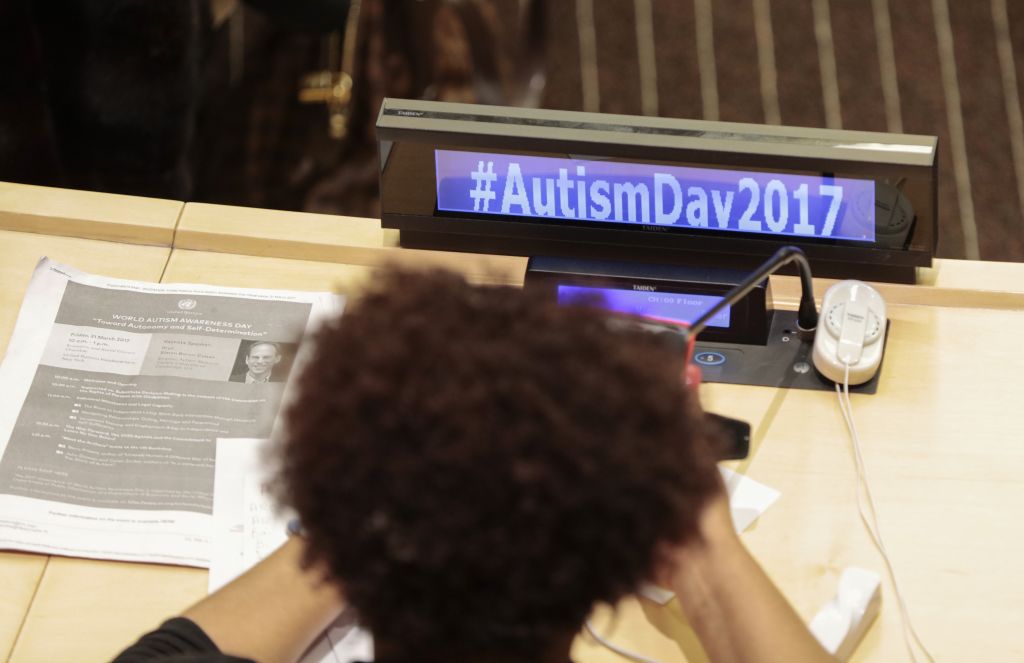
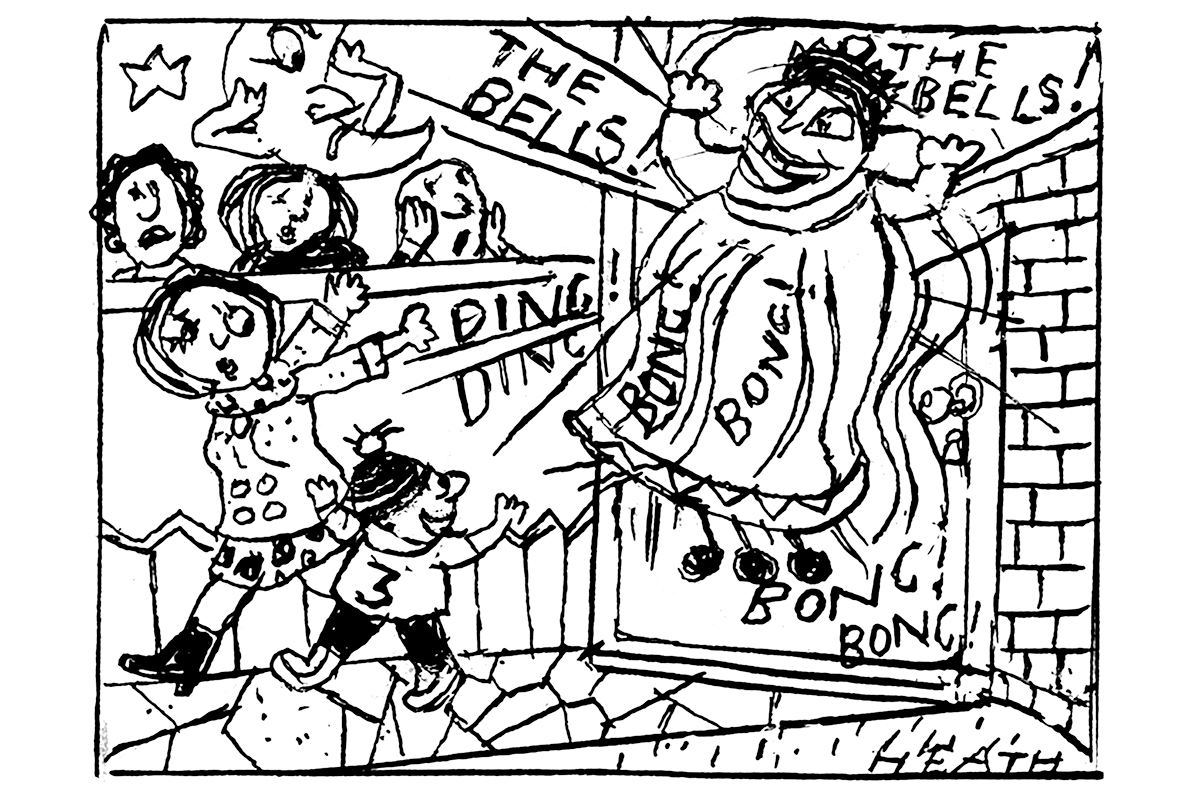
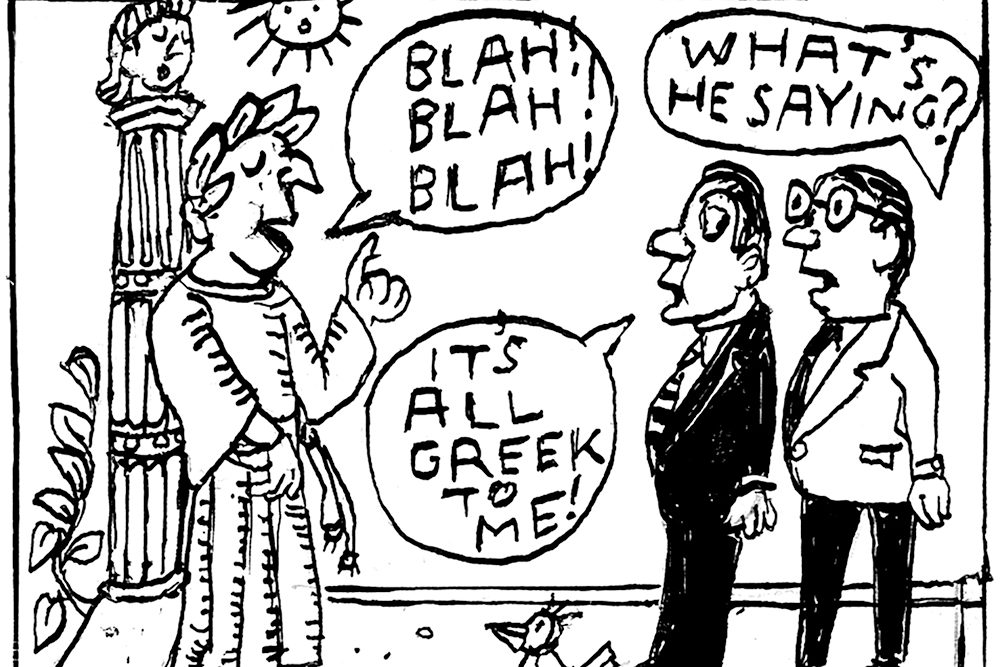

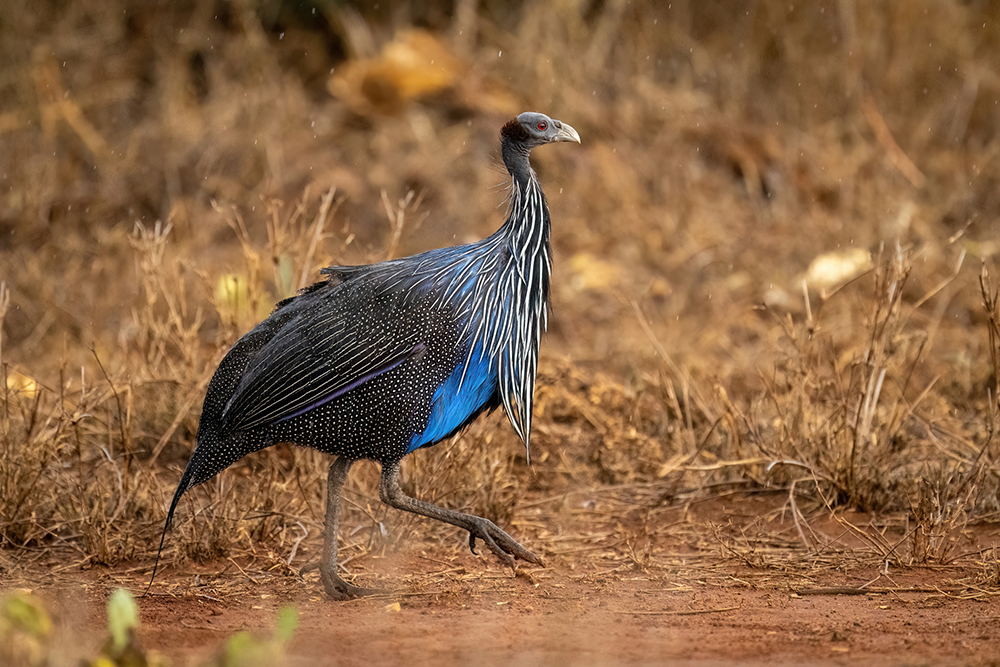








Leave a Reply